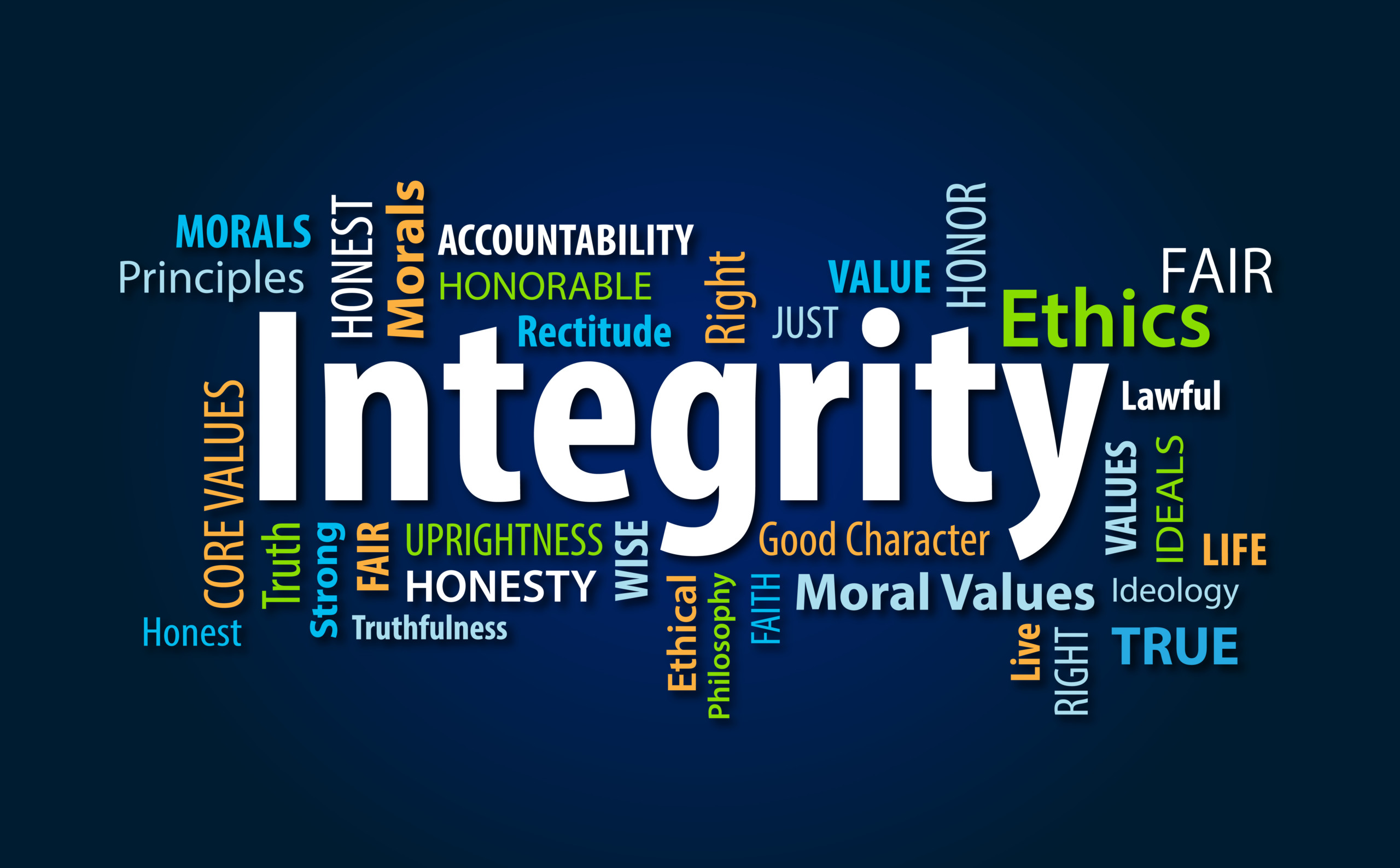Integrity and Leadership: How to Deal With Truth, Courage and Slippery Facts
There are two quotes that I often refer to as I think about the relationship of truth and integrity with what it takes to be a good leader.
One is by the Stoic philosopher, Marcus Aurelius, who wrote,
“Everything we hear is an opinion, not a fact. Everything we see is a perspective, not the truth.”
The other was Daniel Patrick Moynihan, who argued that
“You are entitled to your opinion. But you are not entitled to your own facts.”
We hear a great many opinions from leaders about all sorts of things. And we are practically drowning in all the data that we have access to – without much clear guidance as to how we separate so-called facts from fiction. It’s not that facts do not exist. It is just hard to decipher which facts are true when we are exposed to opposing viewpoints from sources that all claim to be reliable. Who can you trust?
Making matters worse, I’ve come to learn that trust isn’t absolute. Trust tends to be conditional – based on how we feel about the source in any given moment. And trust is transactional. People not only tend to believe what they want to believe – but often believe whatever benefits them most.
Compound this with a climate that seems to have less and less regard for what we have typically expected as truthfulness from our leaders – and it’s no wonder how polarized the world is politically – and how dysfunctional we are as a society.
Leadership is supposed to resolve this for us. We should be able turn to leaders for safety and to help us get to where we need to go.
Leadership ought to be a reliable resource we turn to for help organizing things we might accomplish together that we could never accomplish alone.
Instead we find leaders who are feared and distrusted. We see leaders who wield the power that their authority grants them in order to serve themselves. What ever happened to benevolent leaders or servant leadership? It’s not that all leaders are bad – or that leadership is a failing art. It may just be evidence that as a society we have lowered our expectations – and with that our standards for what good leadership looks like.
It takes courage to speak the truth when it is inconvenient to do so. When people refuse to hear what they don’t want to hear we find leaders who will say anything.
Dr. Lee Thayer suggests that people prefer problems we cannot solve over solutions we do not like. Rather than be the bearer of bad news – it’s easier to share happy-talk – and rely on wishful thinking rather than making difficult decisions. When convenience wins over pragmaticism – leadership becomes a piece of cake: you do what’s popular – and ignore the facts.
Facts are sometimes hard to grasp, but for leaders without real integrity facts tend to become slippery. While facts are not easily manipulated, people are.
People are easily seduced into either ignoring facts that don’t fit or accepting counterfeits without any regard for authenticity.
I like the definition of integrity that my friend Sean Flaherty uses. He talks of simply owning and cleaning up the messes we make. How many people who you know – would benefit from just behaving this way?
I take it one further. I believe it’s not just cleaning-up our messes – but how we go about cleaning them up. Doing so diligently – or showing care for doing the job well carries a great deal of weight. But even more so, acting conscientiously is the hallmark of real integrity. Conscientiousness suggests that what you do is driven by your conscience – being guided by your sense of having a noble purpose.
Leadership without a sense of purpose is a vacant bargain with fate.
You might get lucky and accomplish something meaningful and even perhaps significant- but it would be foolish for anyone to depend on you to deliver results consistent with that level of accomplishment.
It takes courage to be truthful, honest, integral and conscientious. And it takes humility to learn how to develop this kind of courage.
Being courageous in your character demands a kind of vulnerability that makes most people uncomfortable. Leaders must get comfortable with that discomfort in order to grow themselves into the kind of leaders who accomplish what really matters most. Those who are afraid to ask difficult questions – or let people know that you don’t have the answers will find that they don’t have what it takes to be an exceptional leader.
Those who don’t may attempt to deceive others with half-truths, slippery counterfeit facts and shear bravado – and some will succeed to some uncertain extent. But these are not the leaders we need.
The leaders we need are those who understand that it is those they lead that make them successful, ( not the other way around) and who rise above the need to manipulate people in favor of helping them become inspired to perform for a common good.
When it comes to leadership – and most things in life, there is simply no substitute for integrity.







